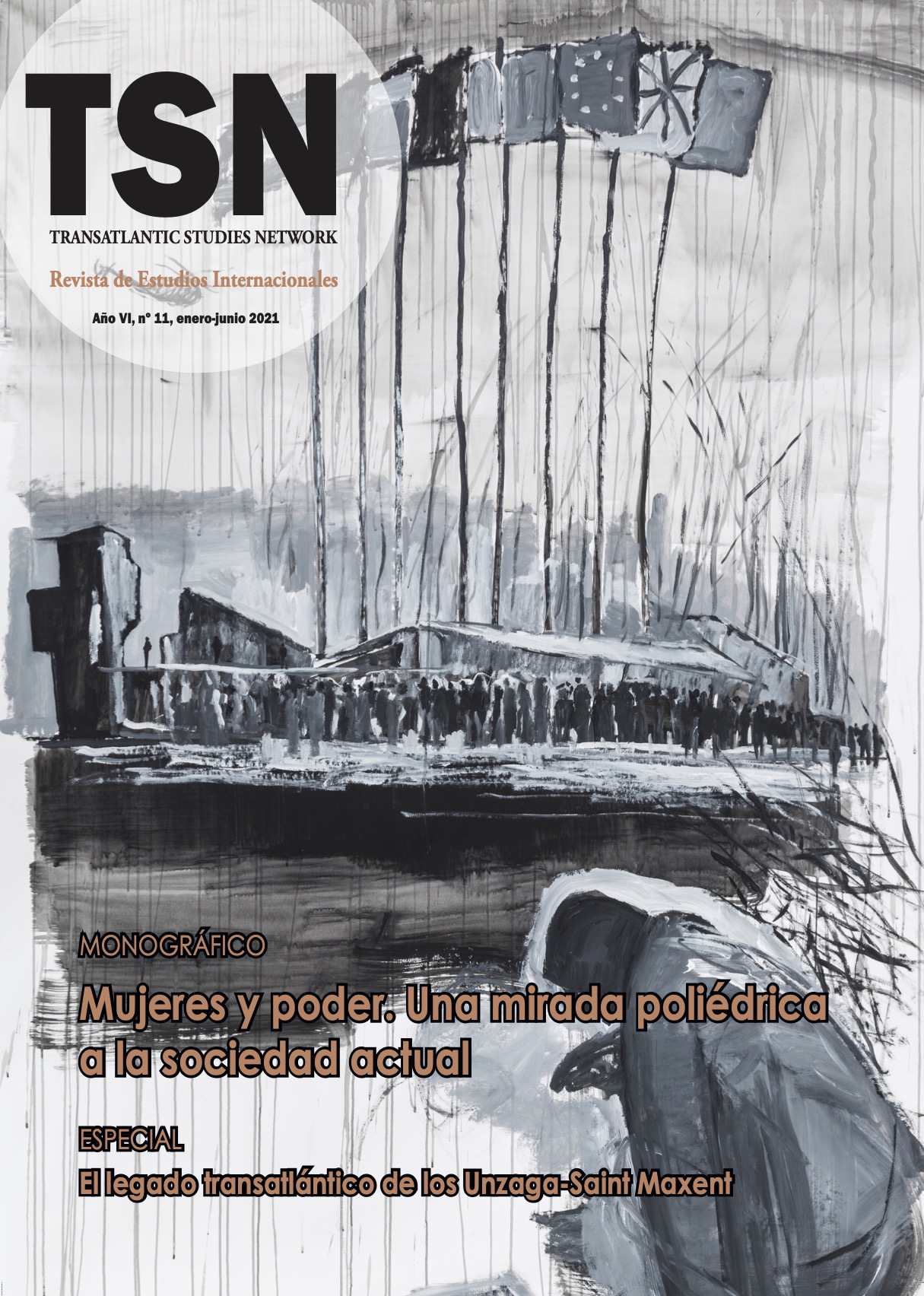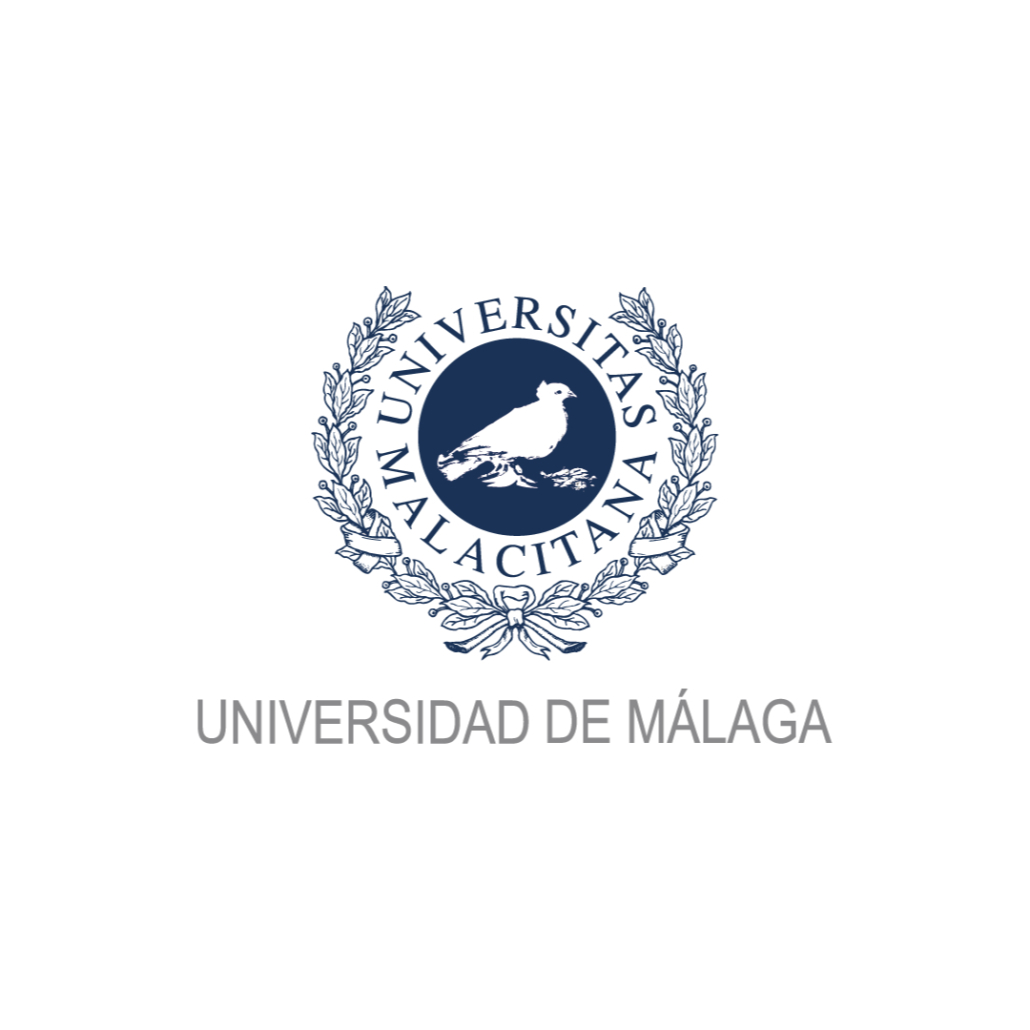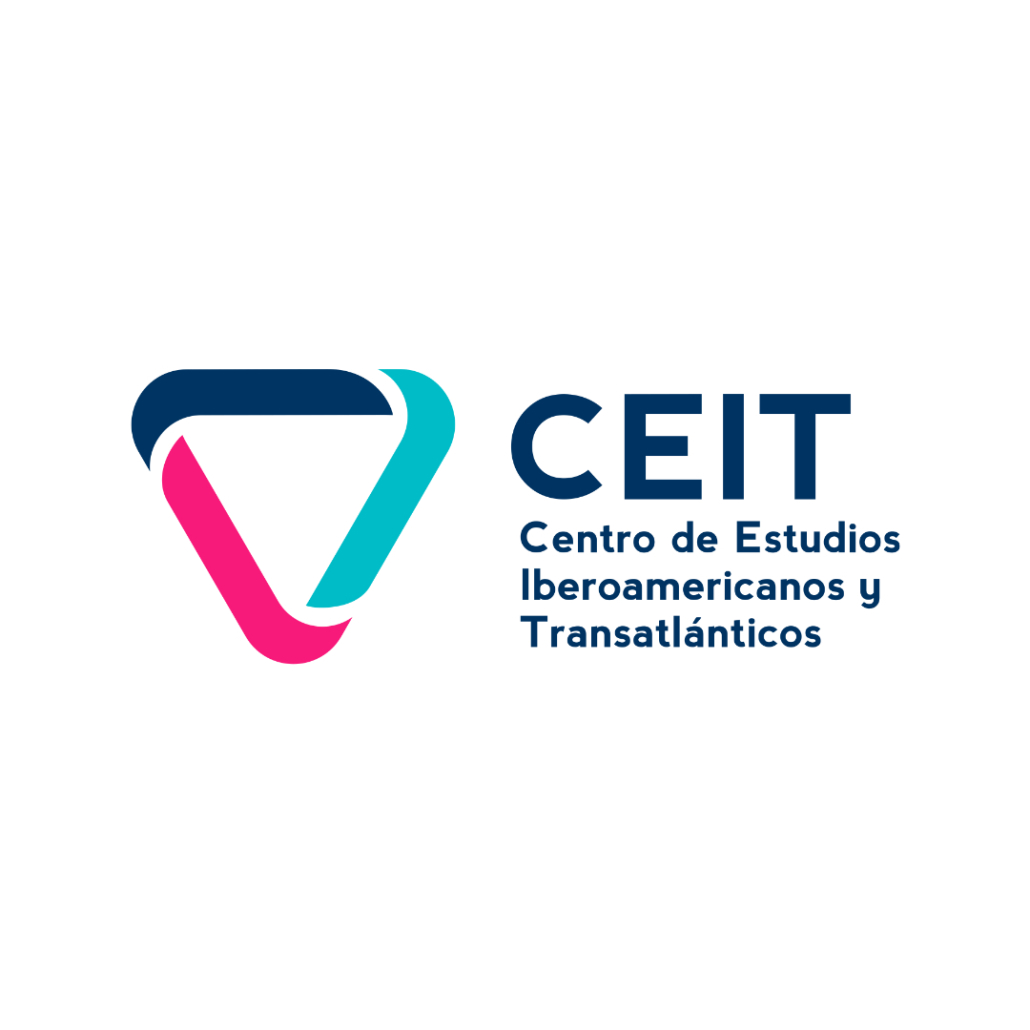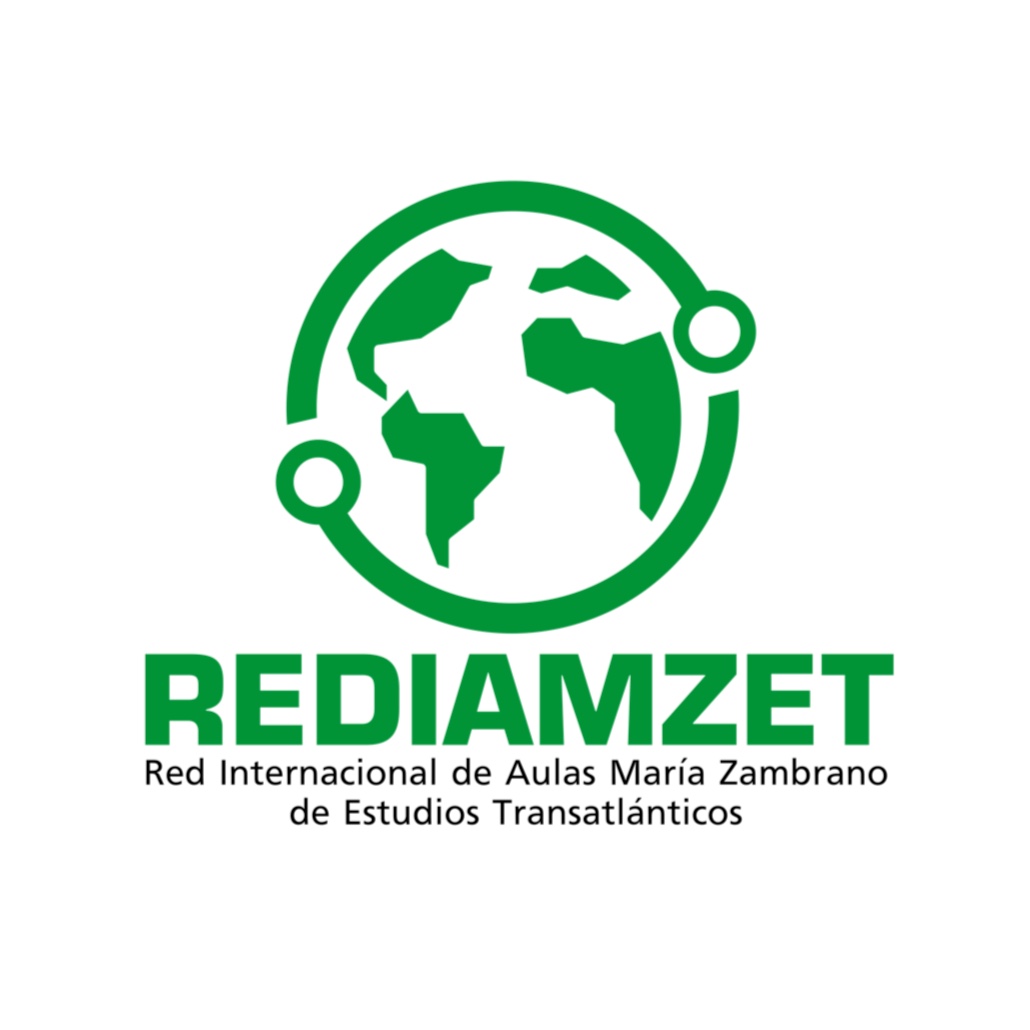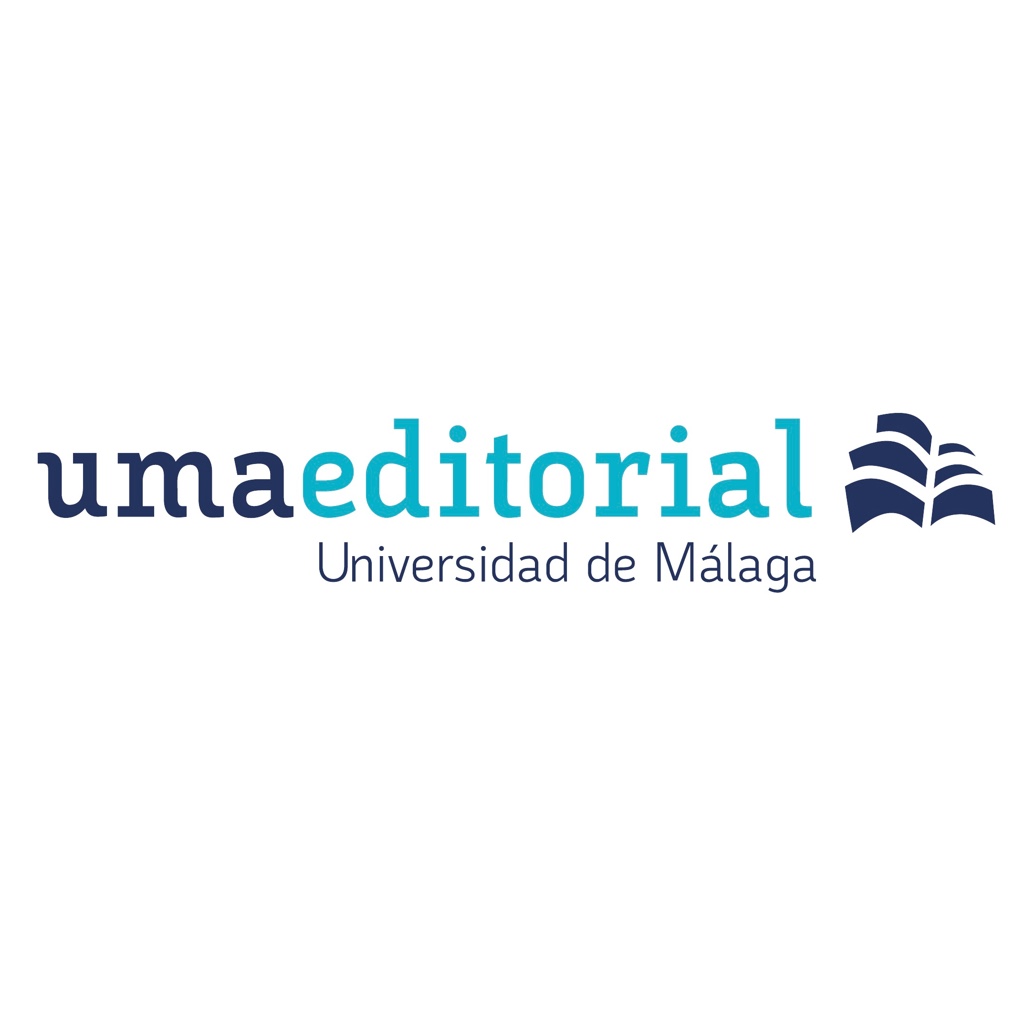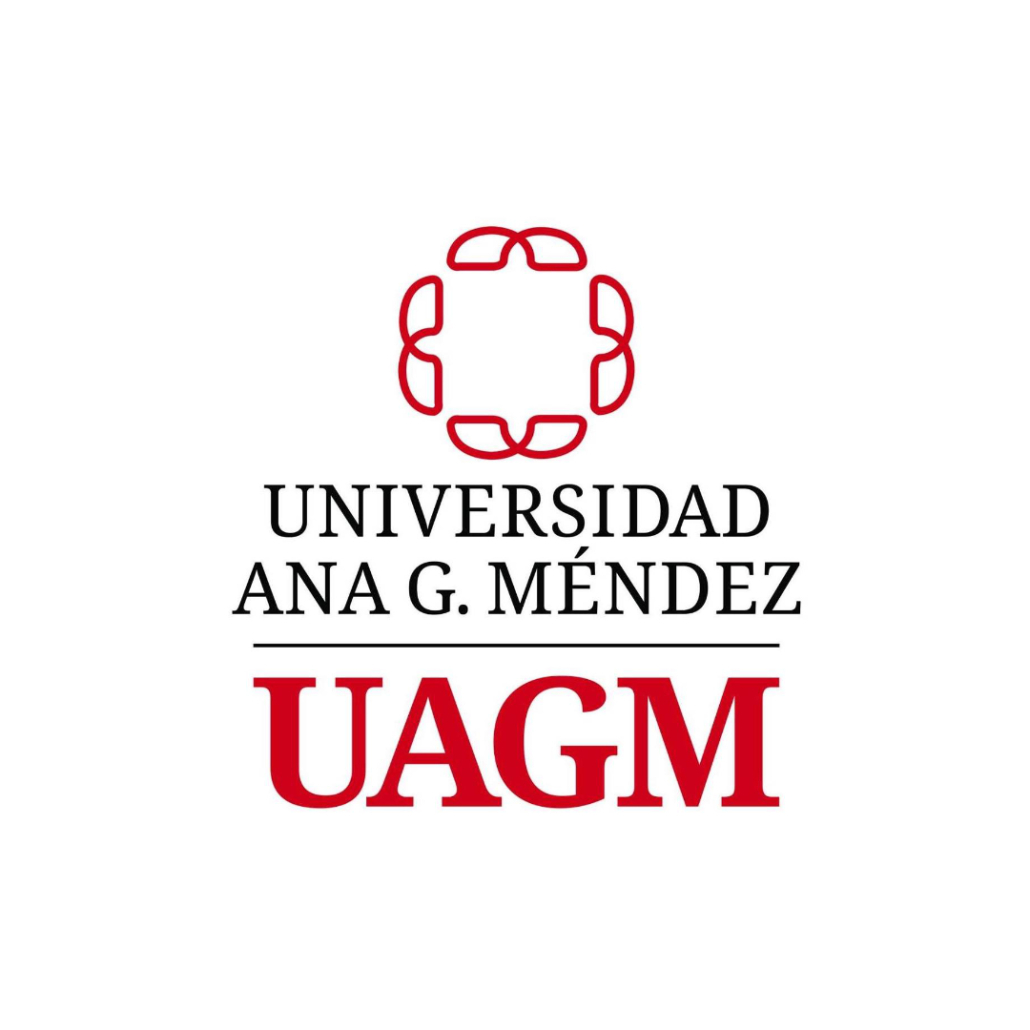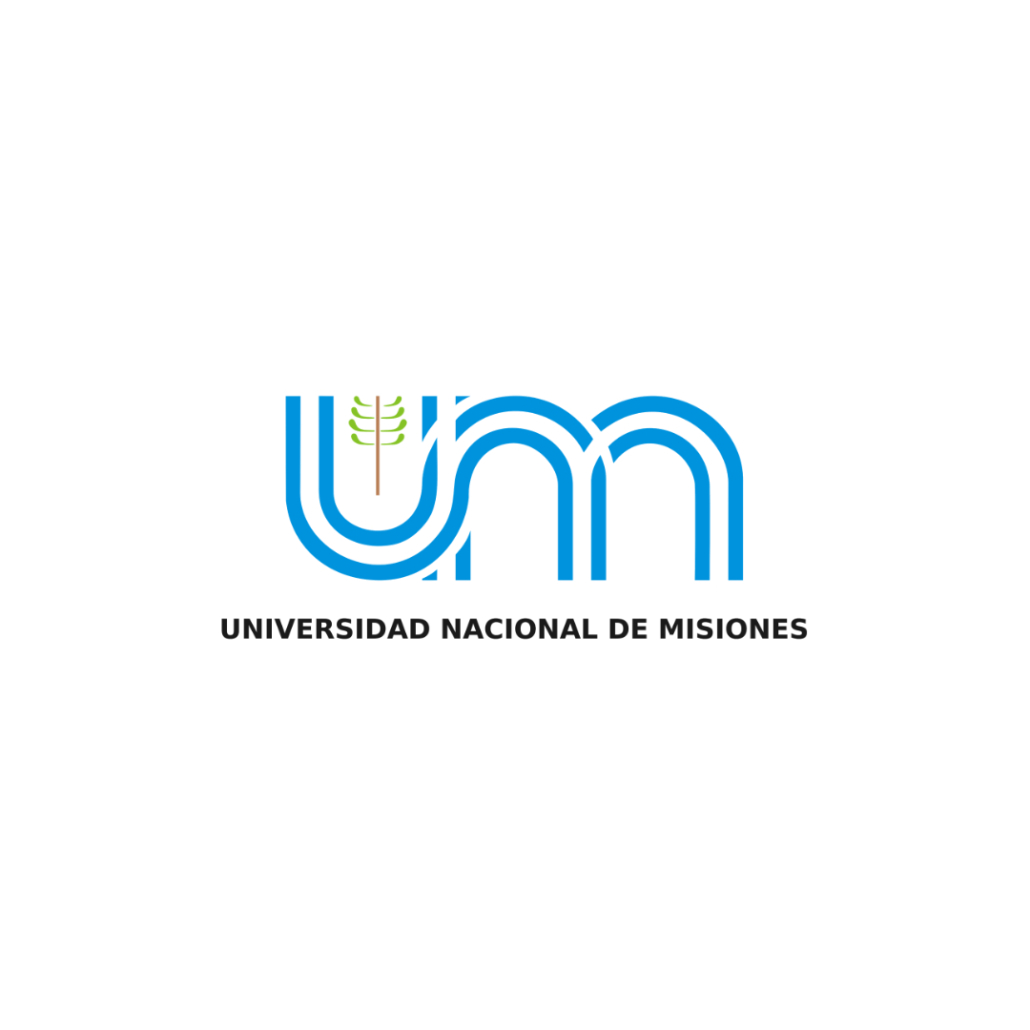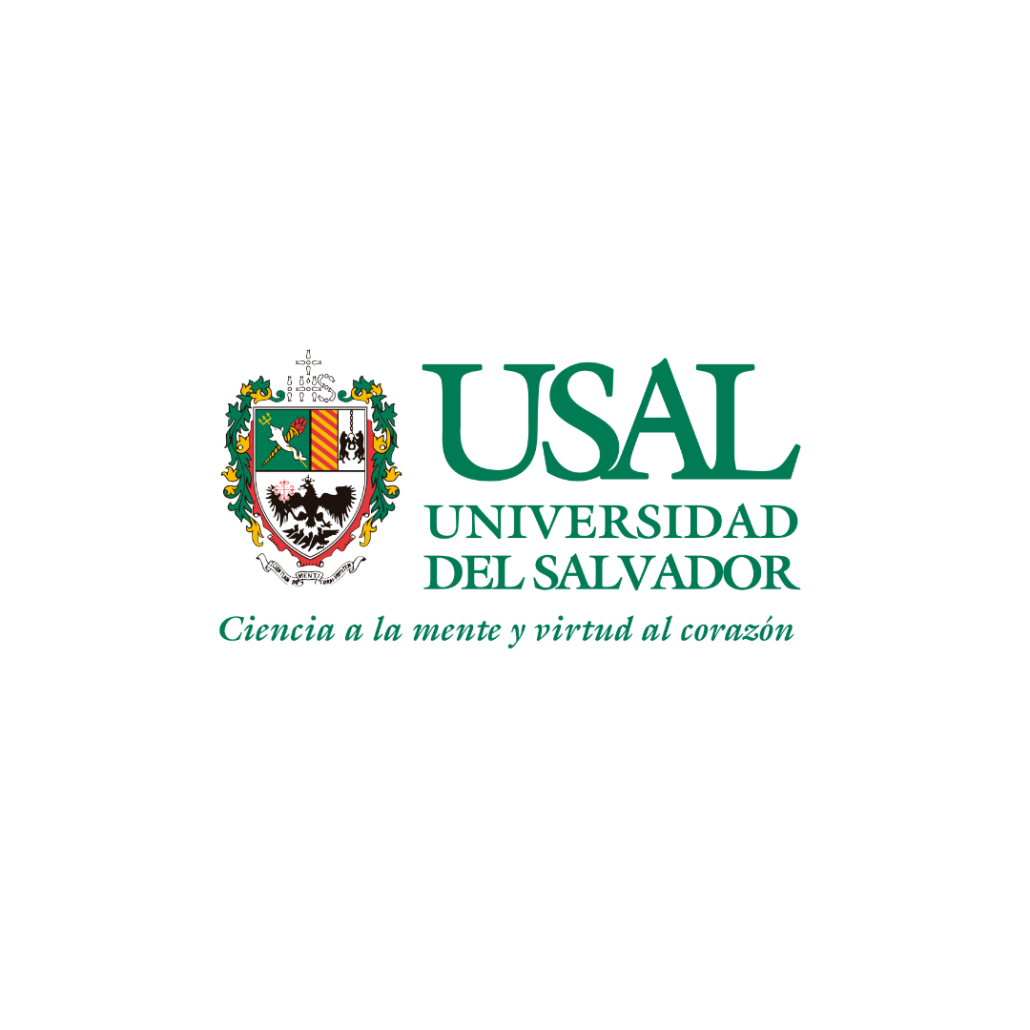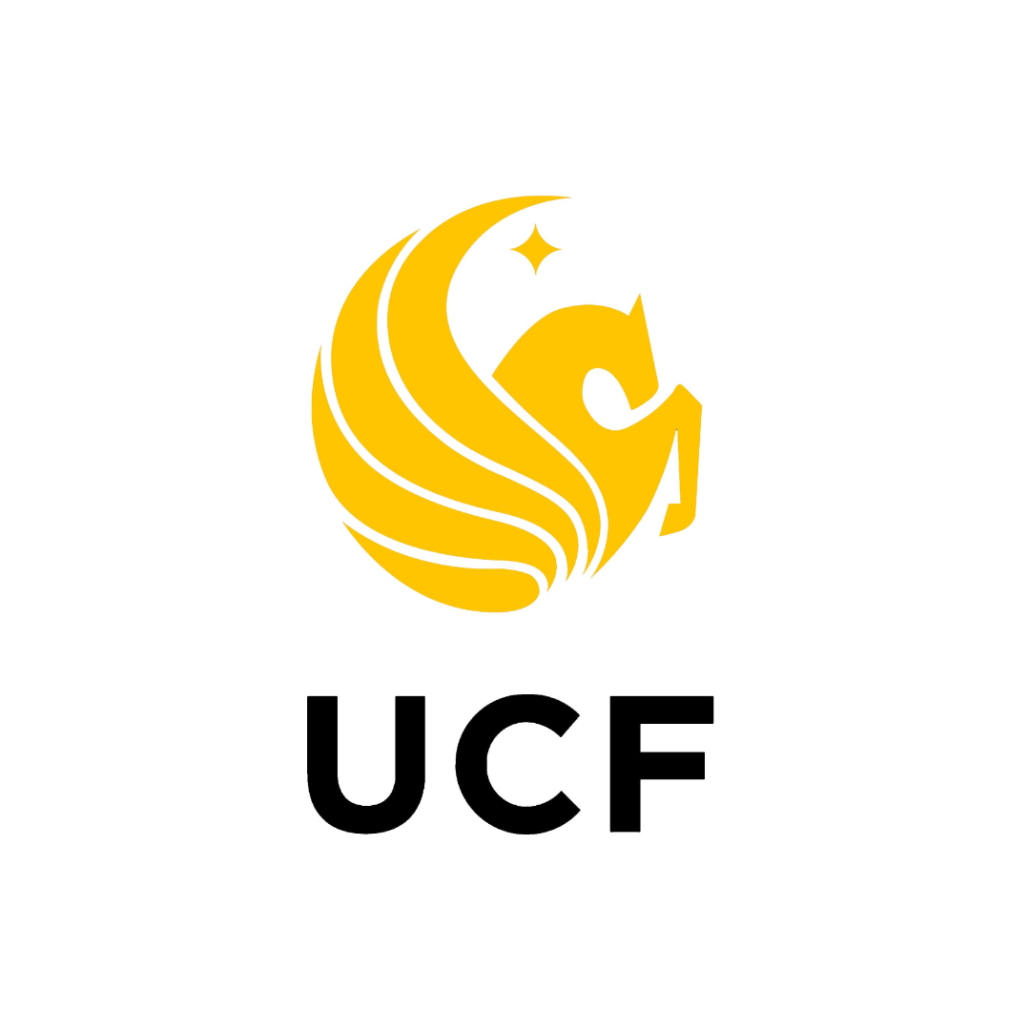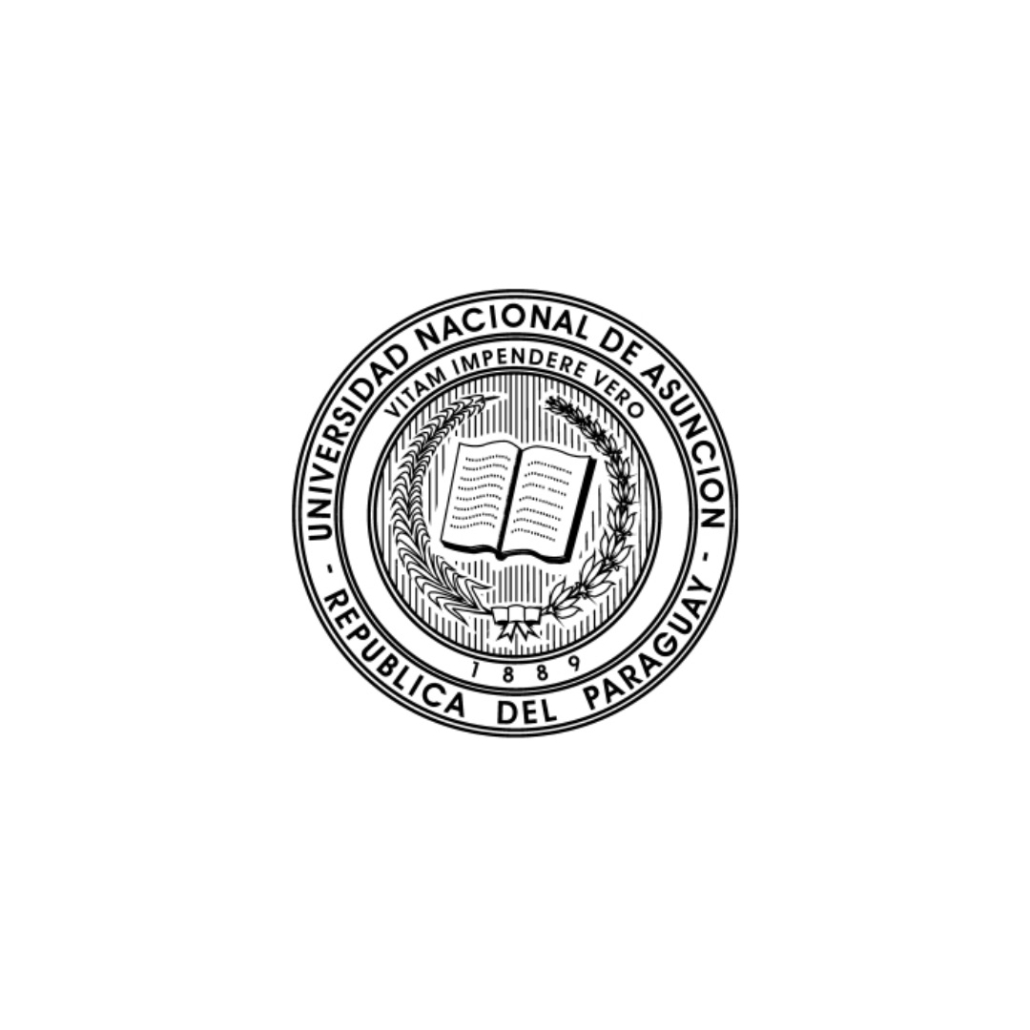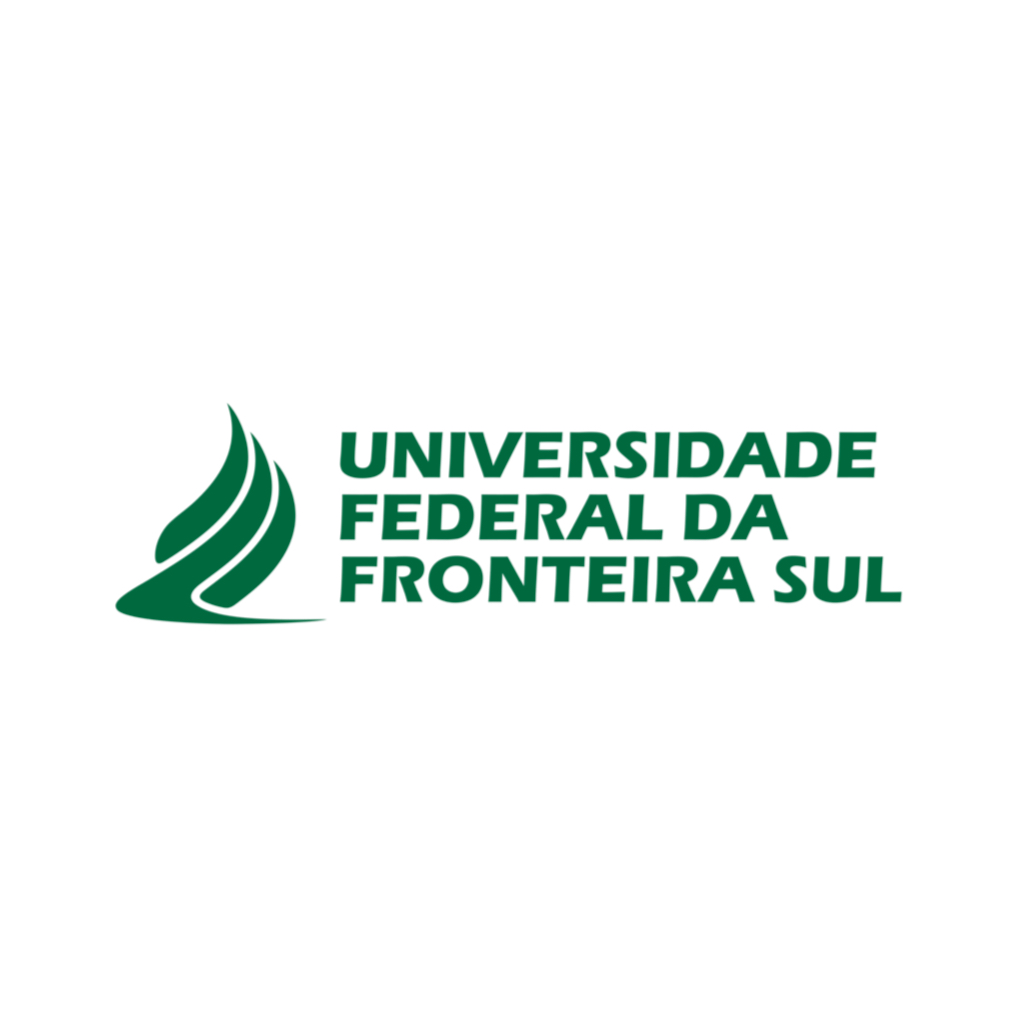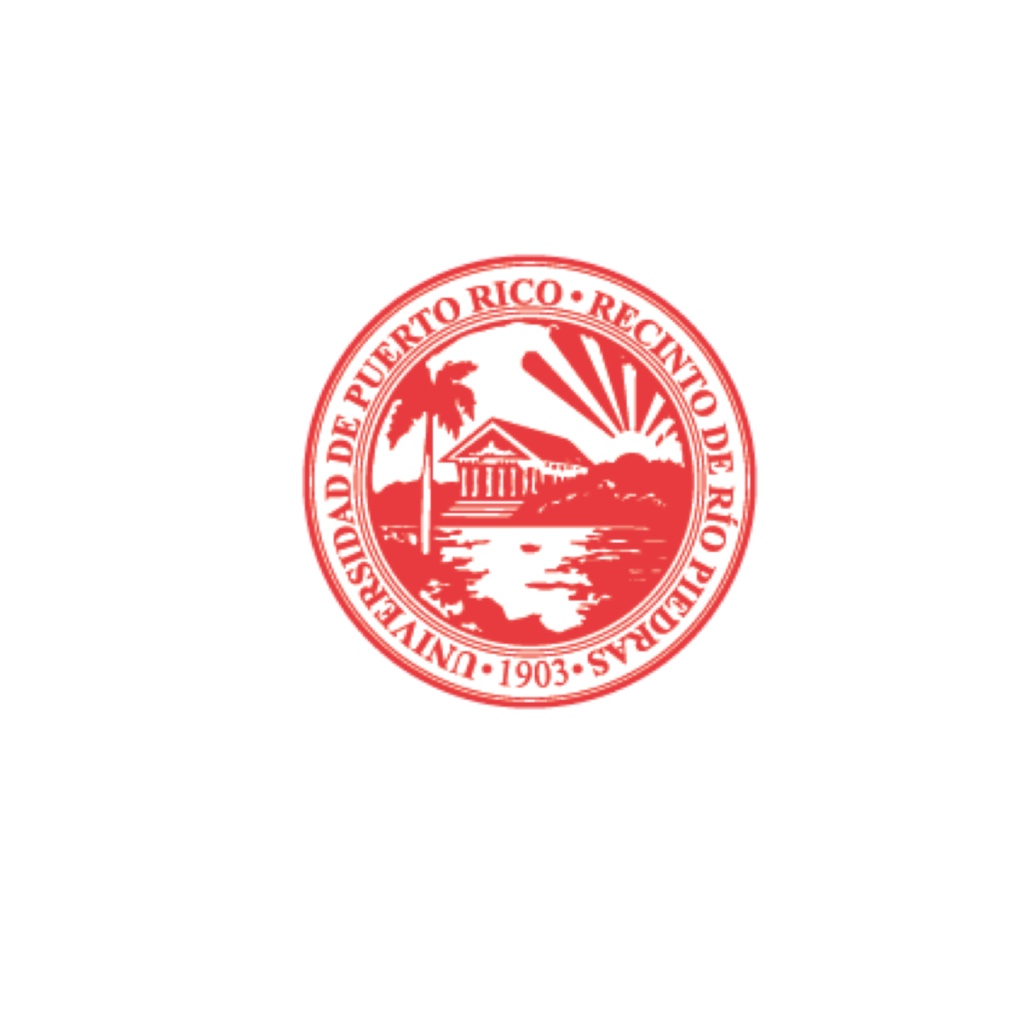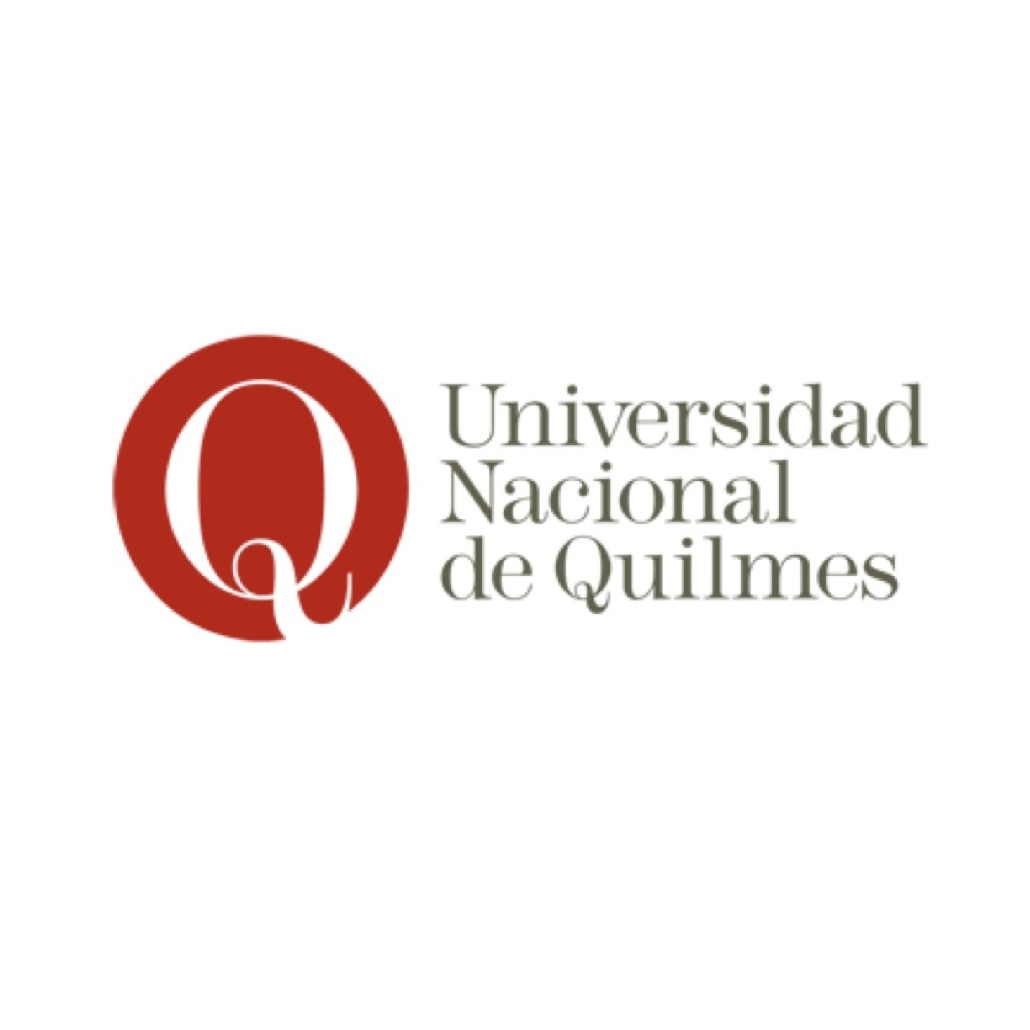Meaningful conversations on climate change: Reflections on Gender and Power
DOI:
https://doi.org/10.24310/TSN.2021.vi11.14332Keywords:
Climate change, gender, power, facilitation, feminism, leadership, intersectionalityAbstract
This article explores how feminist perspectives, in relation to gender and power dynamics, contribute to transformative ways of addressing the current climate crisis. In the first part of the article, we introduce the need for a feminist lens when analysing the differential impacts of climate change in relation to gender, class, ethnicity, etc., as well as the role of women’s leadership in activism, negotiations, political decision-making and science. In the second part, we present how the facilitation of public and collective conversations that incorporate these issues, based on the experience of open forums in Madrid, allows for reflections on climate change as an everyday experience, attention to emotions and embodiment, intersectionality and eco-dependence and interdependence, as well as different forms of leadership. Such conversations and encounters aim to contribute to the necessary work of further expanding feminist approaches to climate change.
Downloads
Metrics
References
Arora-Jonsson, S. (2011): «Virtue and vulnerability: Discourses on women, gender and climate change», en Global Environmental Change, 21 (2), pp. 744-751.
Bee, B. A.; Rice, J.; y Trauger, A. (2015): «A Feminist Approach to Climate Change Governance: Everyday and Intimate Politics», en Geography Compass, 9, pp. 339-350.
Borrás, S. (2020): El cuidado de la vida. Las personas en movimiento forzado en tiempos de emergencias ecosociales. Foro Transiciones.
Butler, J.; Gambetti, Z.; y Sabsay, L. (eds.), 2016: Vulnerability in resistance. Duke University Press.
Care, O.; Bernstein, M. J.; Chapman, M. et al. (2021): «Creating leadership collectives for sustainability transformations», en Sustainability Science, 16, pp. 703-708.
Castree, N.; Adams, W. M.; Barry, J.; Brockington, D.; Büscher, B.; Corbera, E.; Demeritt, D.; Duffy, R.; Felt, U.; Neves, K.; Newell, P.; Pellizzoni, L.; Rigby, K.; Robbins, P.; Robin, L.; Rose, D. B.; Ross, A.; Schlosberg, D.; Sörlin, S.; West, P.; Whitehead, M.; Wynne, B. (2014): «Changing the intellectual climate», en Nature Climate Change, 4 (9), pp. 763-768.
CChange (2020): The Common Thread: It's a Relationship Crisis, 21 de marzo de 2020. Recuperado el 25 de marzo de 2021 en https://cchange.no/2020/03/relationship-crisis/
CMNUCC (Convención Marco de las Naciones Unidas sobre el Cambio Climático), s. f. a: History of the Convention. Recuperado el 25 de febrero de 2021 de https://unfccc.int/process/the-convention/history-of-the-convention#eq-1
CMNUCC (Convención Marco de las Naciones Unidas sobre el Cambio Climático), s. f. b: The Paris Agreement. Recuperado el 25 de febrero de 2021 de https://unfccc.int/process-and-meetings/the-paris-agreement/the-paris-agreement
Emslie, G. (2014): The Braided Way. Deep Democracy and Community, tesis doctoral. Centre for the Study of Natural Design, Universidad de Dundee.
Fundación Biodiversidad (2019): Cambio climático y género: dos realidades interconectadas, 10 de diciembre. https://fundacion-biodiversidad.es/en/prensa/actualidad/cambio-climatico-y-genero-dos-realidades-interconectadas
García-Torres, M. (2018): El IBEX 35 en guerra contra la vida. Transnacionales españolas y conflictos socioecológicos en América Latina. Un análisis ecofeminista. Ecologistas en Acción.
Gay-Antaki, M., y Liverman, D. (2018): «Climate for women in climate science: Women scientists and the Intergovernmental Panel on Climate Change», en PNAS, 27 de febrero, 115 (9), pp. 2060-2065. https://www.pnas.org/content/115/9/2060
González-Hidalgo, M., & Zografos, C. (2017). «How sovereignty claims and “negative” emotions influence the process of subject-making: Evidence from a case of conflict over tree plantations from Southern Chile», en Geoforum, 78, pp. 61-73.
González-Hidalgo, M., y Zografos, C. (2020): «Emotions, power, and environmental conflict: Expanding the “emotional turn” in political ecology», en Progress in Human Geography, 44 (2), pp. 235-255.
Harding, S. (2008): Sciences from below: Feminisms, Postcolonialities, and Modernities. Duke University Press.
Herrero, Y. (2016): «Economía feminista y economía ecológica, el diálogo necesario y urgente», en Revista de Economía Crítica, 22, pp. 144-161.
Iniciativa Mesoamericana de Mujeres Defensoras de Derechos Humanos (2016): Agresiones contra defensoras de derechos humanos en Mesoamérica. Informe 2012-2014. Recuperado el 18 de marzo de 2021 en https://im-defensoras.org/wp-content/uploads/2016/04/283951300-Informe-2012-2014-de-Agresiones-contra-Defensoras-de-DDHH-en-Mesoamerica.pdf
Institute of Development Studies (s. f.): Facilitate. Recuperado el 18 de marzo de 2021 en https://www.participatorymethods.org/task/facilitate
Instituto de la Mujer (2020): Género y cambio climático. Un diagnóstico de situación. NIPO: 049-20-031-3. Catálogo de publicaciones de la Administración General del Estado.
IUCN (s. f.): Gender and climate change. Recuperado el 25 de febrero de 2021 en https://www.iucn.org/resources/issues-briefs/gender-and-climate-change
Kaijser, A., y Kronsell, A. (2014): «Climate change through the lens of intersectionality», en Environmental Politics, 23 (3), pp. 417-433.
MacGregor, S. (2009): «A stranger silence still: The need for feminist social research on climate change», en Sociological Review, 57 (2), pp. 124-140.
MacGregor, S. (2010): «“Gender and climate change”: From impacts to discourses», en Journal of the Indian Ocean Region, 6 (2), pp. 223-238.
Mindell, A. (2016): La democracia profunda de los foros abiertos. Pasos prácticos para la prevención y resolución de conflictos familiares, laborales y mundiales. DDX.
MITECO (2019): La COP25 sienta las bases para que los países sean más ambiciosos ante la emergencia climática, 15 de diciembre. https://www.miteco.gob.es/es/cop25/detalle_noticias.aspx?tcm=tcm:30-505708
Navarro, R. (2020): «¿Qué es y por qué cada vez más personas sufren ecoansiedad?», en La Vanguardia, 22 de septiembre de 2020. Recuperado en https://www.lavanguardia.com/vivo/psicologia/20200922/483289252639/ecoansiedad-miedo-cambio-climatico.html
O'Brien, K., y Sygna, L. (2013): «Responding to Climate Change: The Three Spheres of Transformation», en Proceedings of Transformation in Changing Climate International Conference, 19-21 de junio de 2013. Oslo, pp. 16-23.
Oteros-Rozas, E.; Martín-López, B.; Daw, T. M.; Bohensky, E. L.; Butler, J. R. A.; Hill, R.; Martin-Ortega, J.; Quinlan, A.; Ravera, F.; Ruiz-Mallén, I.; Thyresson, M.; Mistry, J.; Palomo, I.; Peterson, G. D.; Plieninger, T.; Waylen, K. A.; Beach, D. M.; Bohnet, I. C.; Hamann, M.; Hanspach, J.; Hubacek, K.; Lavorel, S.; y Vilardy, S. (2015): «Participatory scenario planning in place-based social-ecological research: Insights and experiences from 23 case studies», en Ecology and Society, 20 (4), p. 32. https://doi.org/10.5751/ES-07985-200432
Palomo, I.; Martín-López, B.; López-Santiago, C.; y Montes, C. (2011): «Participatory Scenario Planning for Protected Areas Management under the Ecosystem Services Framework: The Doñana Social-Ecological System in Southwestern Spain», en Ecology And Society, 16 (1). https://www.ecologyandsociety.org/vol16/iss1/art23/
Peinado, M. (2019): «Eunice Foote, la primera científica (y sufragista) que teorizó sobre el cambio climático», en National Geographic, 12 de noviembre. Manuel Peinado Lorca (Universidad de Alcalá) / The Conversation. Recuperado el 25 de febrero de 2021 en https://www.nationalgeographic.com.es/ciencia/eunice-foote-primera-cientifica-y-sufragista-que-teorizo-sobre-cambio-climatico_14883
Piñeiro, C.; Iniesta Arandia; y González-Hidalgo (2019): Process work for the environmental or sociological crisis in public, collective or group settings: taking Climate Change as an entry point, proyecto final del Diploma de Trabajo de Procesos (no publicado).
Pulido, L. (2018): «Racism and the Anthropocene», en Mitman, G.; Armiero, M.; y Emmett, R. (eds.): Future remains: A cabinet of curiosities for the Anthropocene, pp. 116-128. Chicago, Londres: University of Chicago Press.
Resurrección, B. P. (2013): «Persistent women and environment linkages in climate change and sustainable development agendas», en Women's Studies International Forum, 40, pp. 33-43.
Schwarz, R. (2002): «The Skilled Facilitator: A Comprehensive Resource for Consultants, Facilitators, Managers, Trainers, and Coaches», segunda edición. Jossey-Bass.
Sharma, M. (2017): Radical Transformational Leadership: Strategic Action for Change Agents. North Atlantic Books.
Sharma, M. (2019): Transformational Leadership for Climate Change. Learning materials, formación a cargo de Cchange, Noruega (no publicado).
Staiger-Rivas, S.; Le Borgne, E.; Victor, M.; Hagmann, J.; Sette, C.; y Kosina, P. (2015): «Case study. Group facilitation in CGIAR: experiences and lessons from international agricultural research organizations», en Knowledge Management for Development Journal, 11 (1), pp. 77-90. http://journal.km4dev.org/
Stanley, S. K.; Hogg, T. L.; Leviston, Z.; y Walker, I. (2021): «From anger to action: Differential impacts of eco-anxiety, eco-depression, and eco-anger on climate action and wellbeing», en The Journal of Climate Change and Health, 1, 100003.
Tena, A. (2919): «Ecoansiedad: cuando el colapso climático produce depresión», en Público, 30 de octubre de 2019. Recuperado en https://www.publico.es/sociedad/ecoansiedad-colapso-climatico-produce-depresion.html
Tran, D.; Martinez-Alier, J.; Navas, G.; y Mingorria, S. (2020): «Gendered geographies of violence: a multiple case study analysis of murdered women environmental defenders», en Journal of Political Ecology, 27 (1), pp. 1189-1212. https://doi.org/10.2458/v27i1.23760
Valiña, C. V. (2018): «Interseccionalidad: definición y orígenes», en Escuela de Feminismos Alternativos. Recuperado en https://perifericas.es/blogs/blog/interseccionalidad-definicion-y-origenes
Woodbury, Z. (2019): «Climate trauma: Toward a new taxonomy of trauma», en Ecopsychology, 11 (1), pp. 1-8.
Downloads
Published
How to Cite
Issue
Section
License

This work is licensed under a Creative Commons Attribution-NonCommercial-ShareAlike 4.0 International License.

